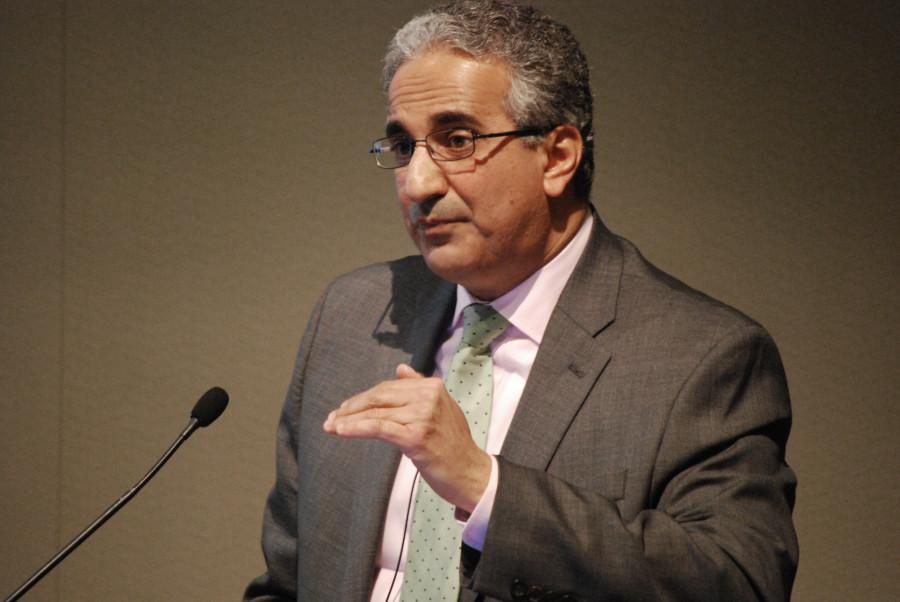Egypt’s current political crisis and ongoing protests have captured the attention of the world. Thousands sit, glued to television sets watching the latest images of masses of people marching past tanks parked in the street.
Some members of the Marquette community, though, didn’t need a TV. All they had to do was look out the window.
Blake Ward, study abroad coordinator for North Africa, said there were two Marquette students studying abroad at the American University of Cairo this semester. Amidst the emerging chaos in the streets, Ward said both students were on their way out of the country.
Ward said he could not release the students’ names.
“Both are in the process of coming back home,” Ward said. “We’ve had help from the American embassy, who has been coordinating flights out, as well as another international S.O.S. agency.”
One student had already arrived in Istanbul, while the other had been waiting to depart Egypt but is expected to leave soon.
“They were being sent to a country we deemed a safe spot,” Ward said. “From there, we’ll plan their trip back. It’s a tense situation, and we made our decision because of government warnings.”
Phillip Naylor, a professor of history, also witnessed the protests first-hand. He and International Education Director Terence Miller had been touring Egypt right as the demonstrations started.
Naylor, who has authored a book on the region, “North Africa,” arrived in Cairo with Miller last Wednesday, around the time when most of the protests began.
“Initially, we saw security forces out, but Tahrir Square, where we stayed, was quiet,” Naylor said. “On Thursday, a security presence remained in Tahrir. People seemed to go about their business and I took a cab and traveled through many sections of the city.”
Anticipating the events that would happen Friday, the two left Egypt for Tel Aviv and are due back in the United States today.
“I think the escalating protests and violence took Cairenes by surprise too,” Naylor said. “We left last Friday morning before the protests and violence increased. From my observations here in Tel Aviv, it seemed chaotic until the army moved in and re-established order.”
And Naylor is keeping a keen eye on the events unfolding as Egypt plunges deeper into a political crisis.
“There are many tangibles and intangibles in the situation,” Naylor said. “Nevertheless, as in Tunisia, the Egyptians certainly have the intellectual capital to build a democratic society.”
James Scotton, associate professor in communications, is another professor with Egyptian ties. He lived in Cairo from 1997-’99 when he was head of the Mass Communications program at the American University of Cairo, and he spent time there last summer.
“I remembered there were always minor protests,” Scotton said. “Some tourists were even killed. The only large protests that I witnessed were at the U.S. Embassy where students protested U.S. policies in the Israeli-Palestine situation.”
Scotton, who teaches a class on international communication, is also monitoring the role social media have played and Egypt’s response by shutting down the Internet and cell phone services.
“Social media are playing a big role in organizing the protests,” Scotton said. “Egypt’s tourism, banks and other institutions rely on the Internet and cell phones to do business. If the Egyptians shut these down for long, the economy will be seriously affected.”


